The investment world contains different types of risk. Your stocks or stock-based mutual funds could lose value during periods of market volatility. The price of your bonds or bond funds could also decline, if new bonds are issued at higher interest rates. But have you ever thought about longevity risk?
Insurance companies and pension funds view longevity risk as the risk they incur when their assumptions about life expectancies and mortality rates are incorrect, leading to higher payout levels. But for you, as an individual investor, longevity risk is less technical and more emotional: it’s the risk of outliving your money.
To assess your own longevity risk, you’ll first want to make an educated guess about your life span, based on your health and family history. Plus, you’ve got some statistics to consider: Women who turned 65 in April of this year can expect to live, on average, until age 86.5; for men, the corresponding figure is 84, according to the Social Security Administration.
Once you have a reasonable estimate of the number of years that lie ahead, you’ll want to take steps to reduce your longevity risk. For starters, try to build your financial resources as much as possible, because the greater your level of assets, the lower the risk of outliving them. So, during your working years, keep contributing to your IRA and your 401(k) or similar employer-sponsored retirement plan.
Then, as you near retirement, you will need to do some planning. Specifically, you will need to compare your essential living expenses – mortgage/rent, utilities, food, clothing, etc. – with the amount of income you’ll get from guaranteed sources, such as Social Security or pensions. You do have some flexibility with this guaranteed income pool. For example, you can file for Social Security benefits as early as 62, but your monthly checks will then be reduced by about 30 percent from what you’d receive if you waited until your full retirement age, which is likely between 66 and 67.
You might also consider other investments that can provide you with a steady income stream. A financial professional can help you choose the income-producing investments that are appropriate for your needs and that fit well with the rest of your portfolio.
After you’ve determined that your guaranteed income will be sufficient to meet your essential living expenses, have you eliminated longevity risk? Not necessarily – because “essential” expenses don’t include unexpected costs, of which there may be many, such as costly home maintenance, auto repairs and so on. And during your retirement years, you’ll always need to be aware of health care costs. If you have to dip into your guaranteed income sources to pay for these types of bills, you might increase the risk of outliving your money.
To avoid this scenario, you may want to establish a separate fund, possibly containing at least a year’s worth of living expenses, with the money held in cash or cash equivalents. This money won’t grow much, if at all, but it will be there for you when you need it.
With careful planning, adequate guaranteed income, a sufficient emergency fund and enough other investments to handle nonessential costs, you’ll be doing what you can to reduce your own longevity risk. And that may lead to a more enjoyable retirement.
This article was written by Edward Jones for use by your local Edward Jones Financial Advisor.
Edward Jones, Member SIPC
Sign up to receive updates and the Friday File email notices.
Support local, independent news – contribute to The Fallon Post, your non-profit (501c3) online news source for all things Fallon.
The Fallon Post -- 1951 W. Williams #385, Fallon, Nevada 89406

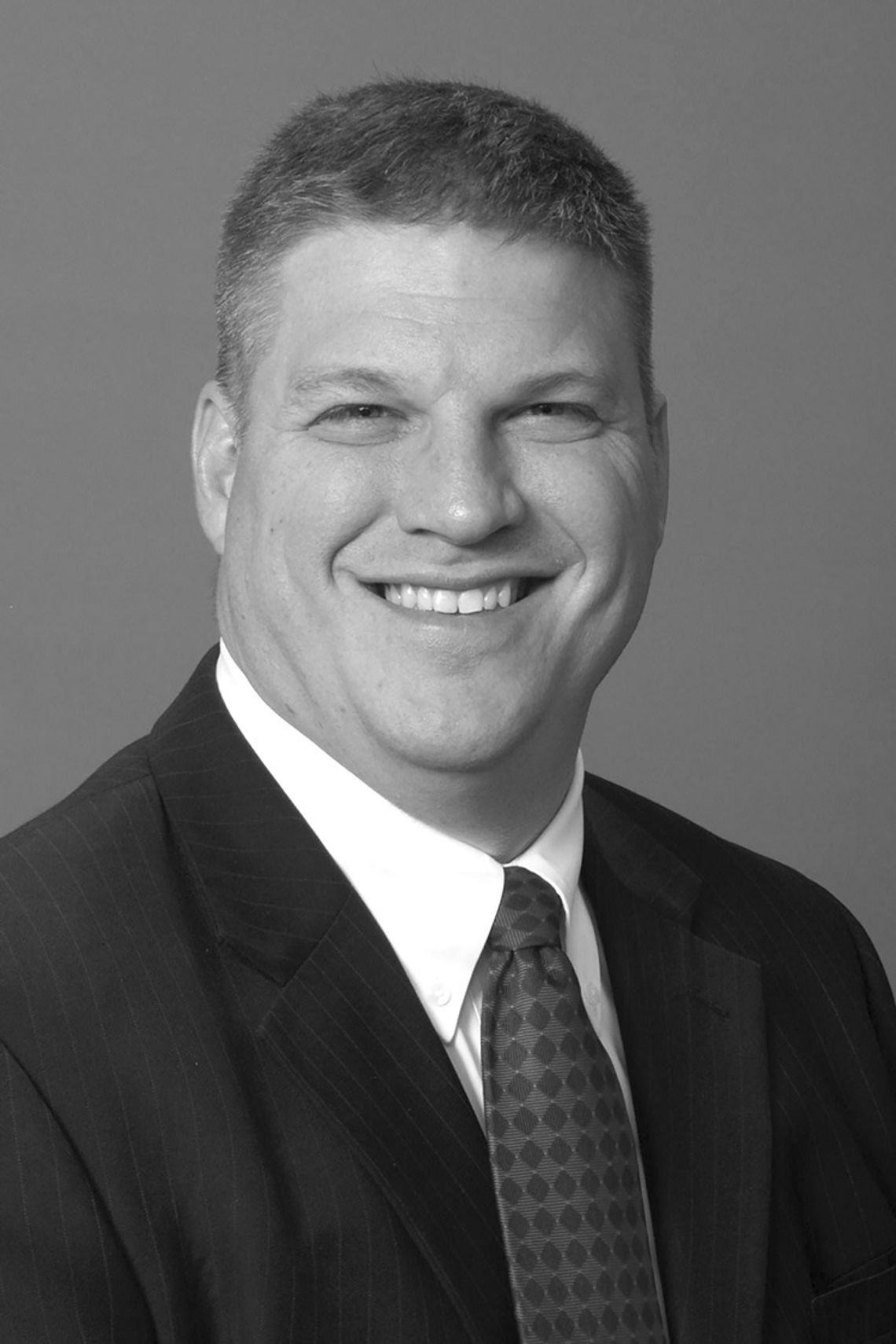
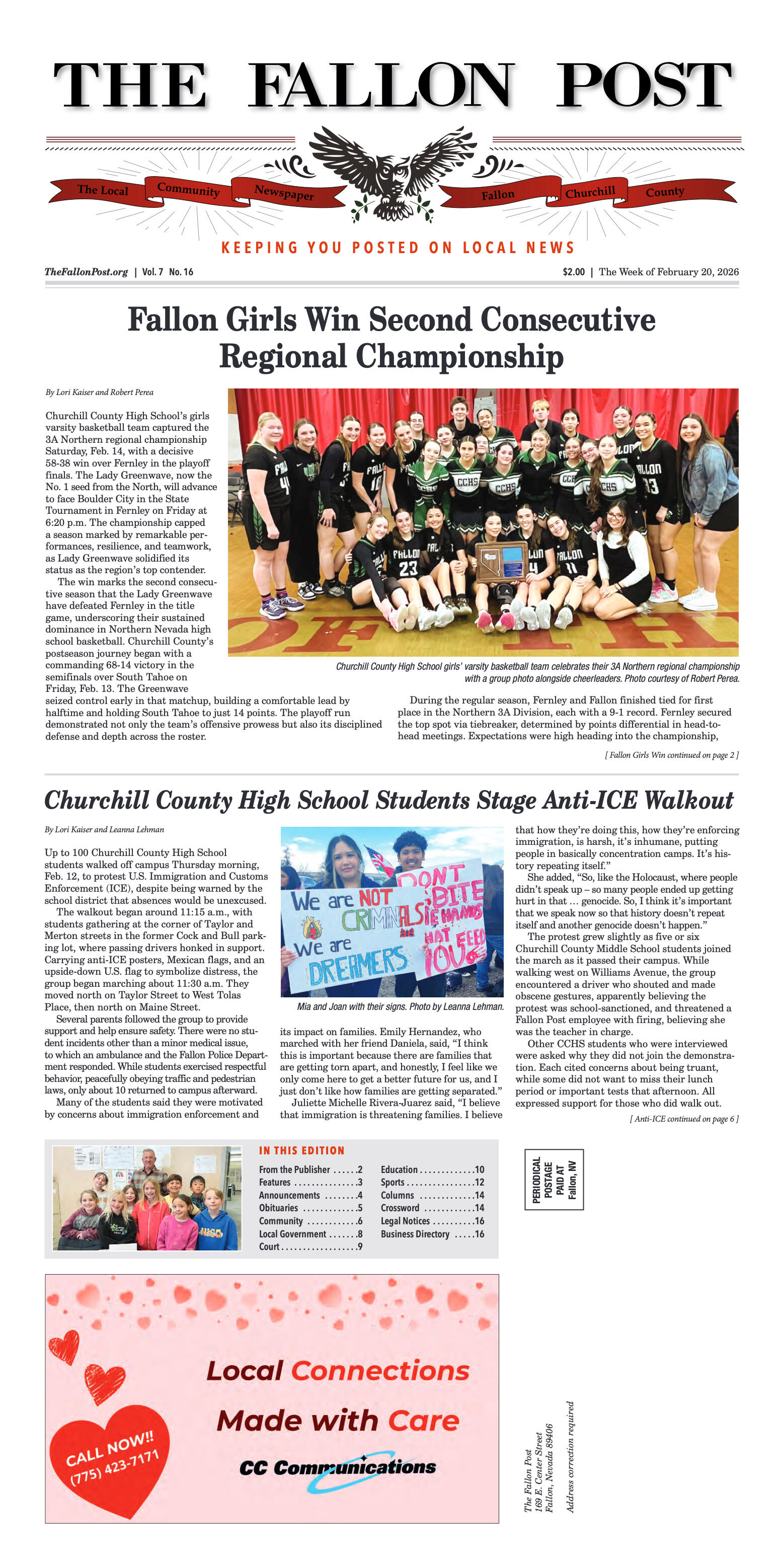
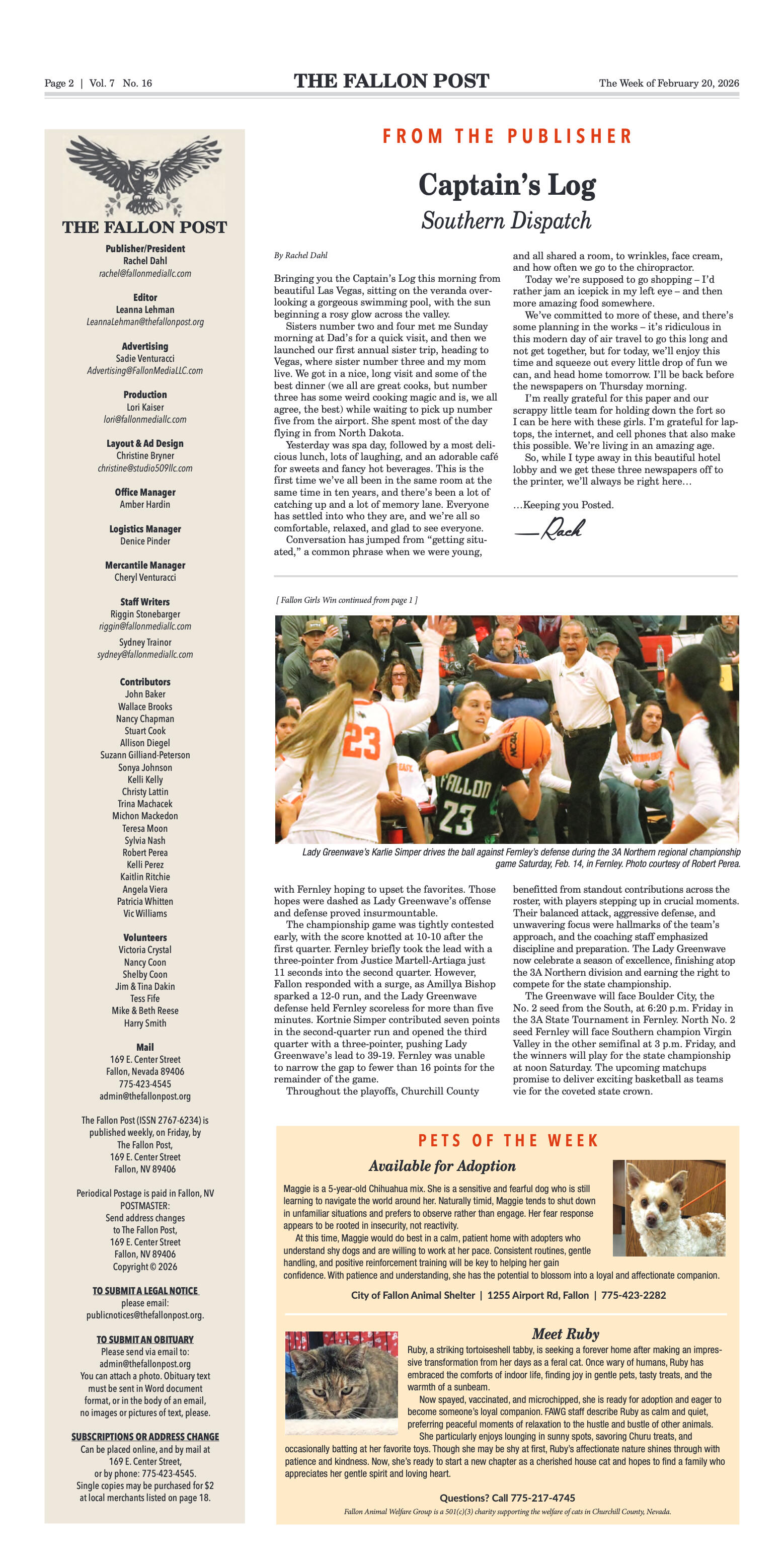

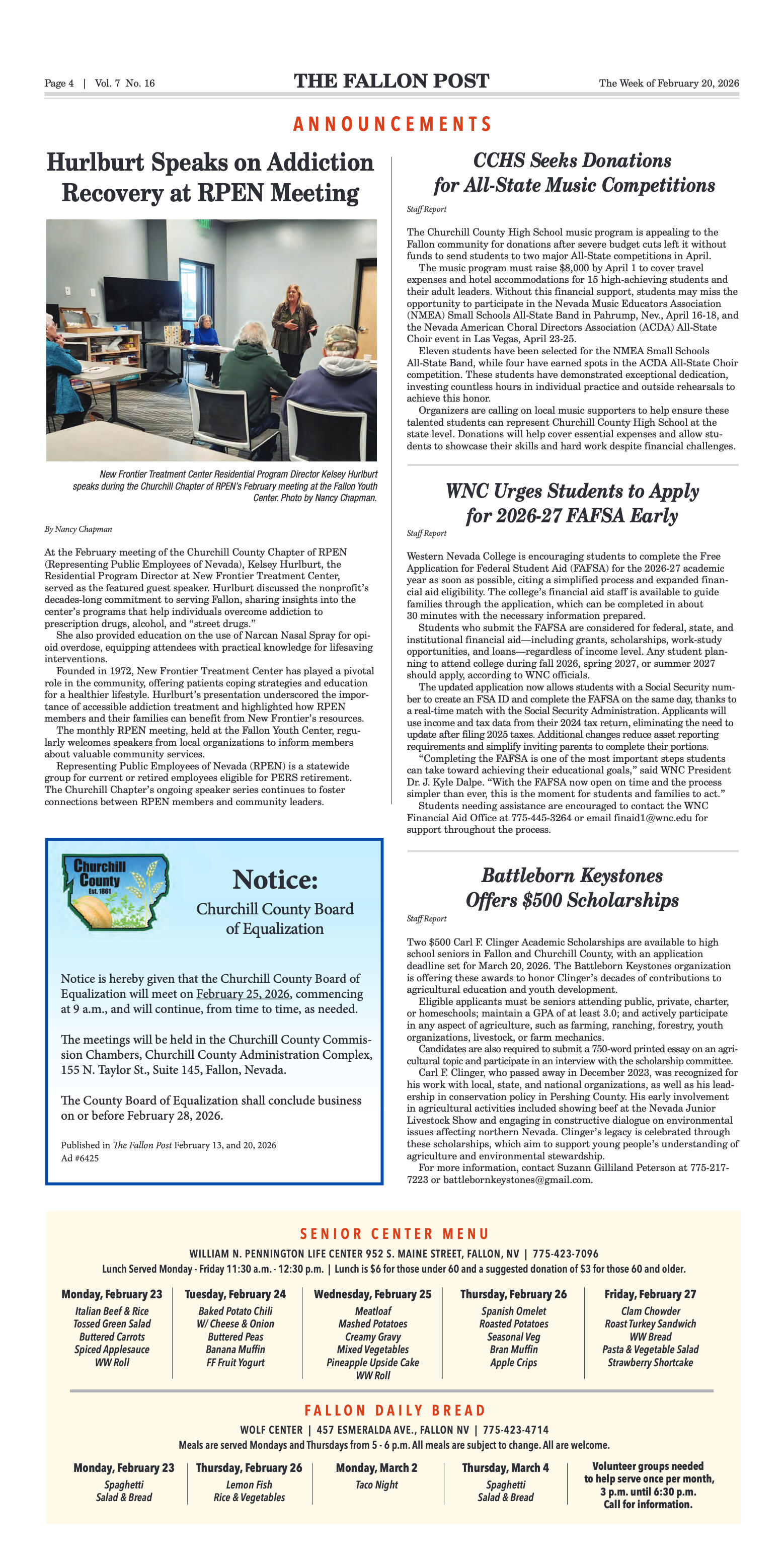
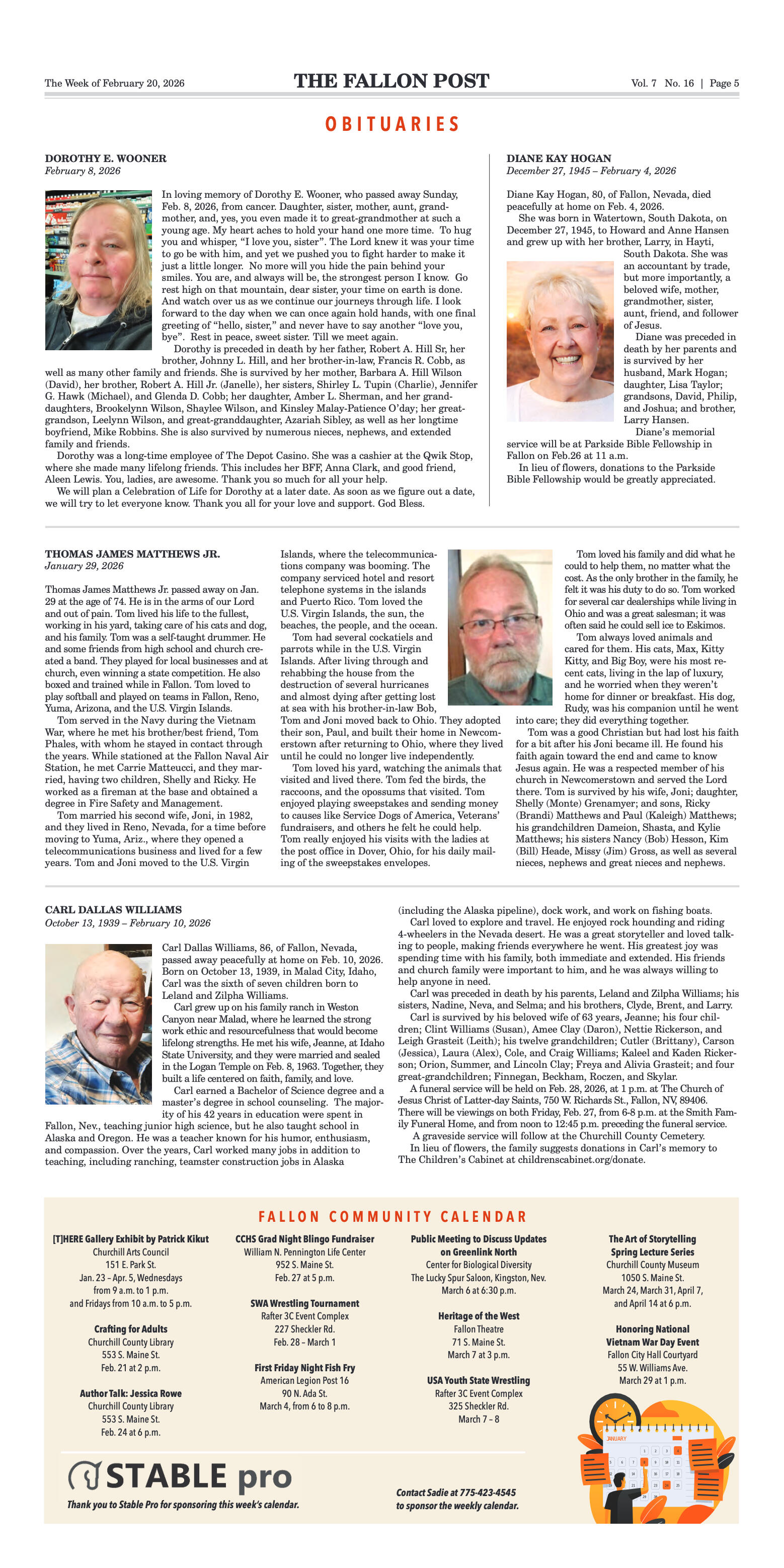
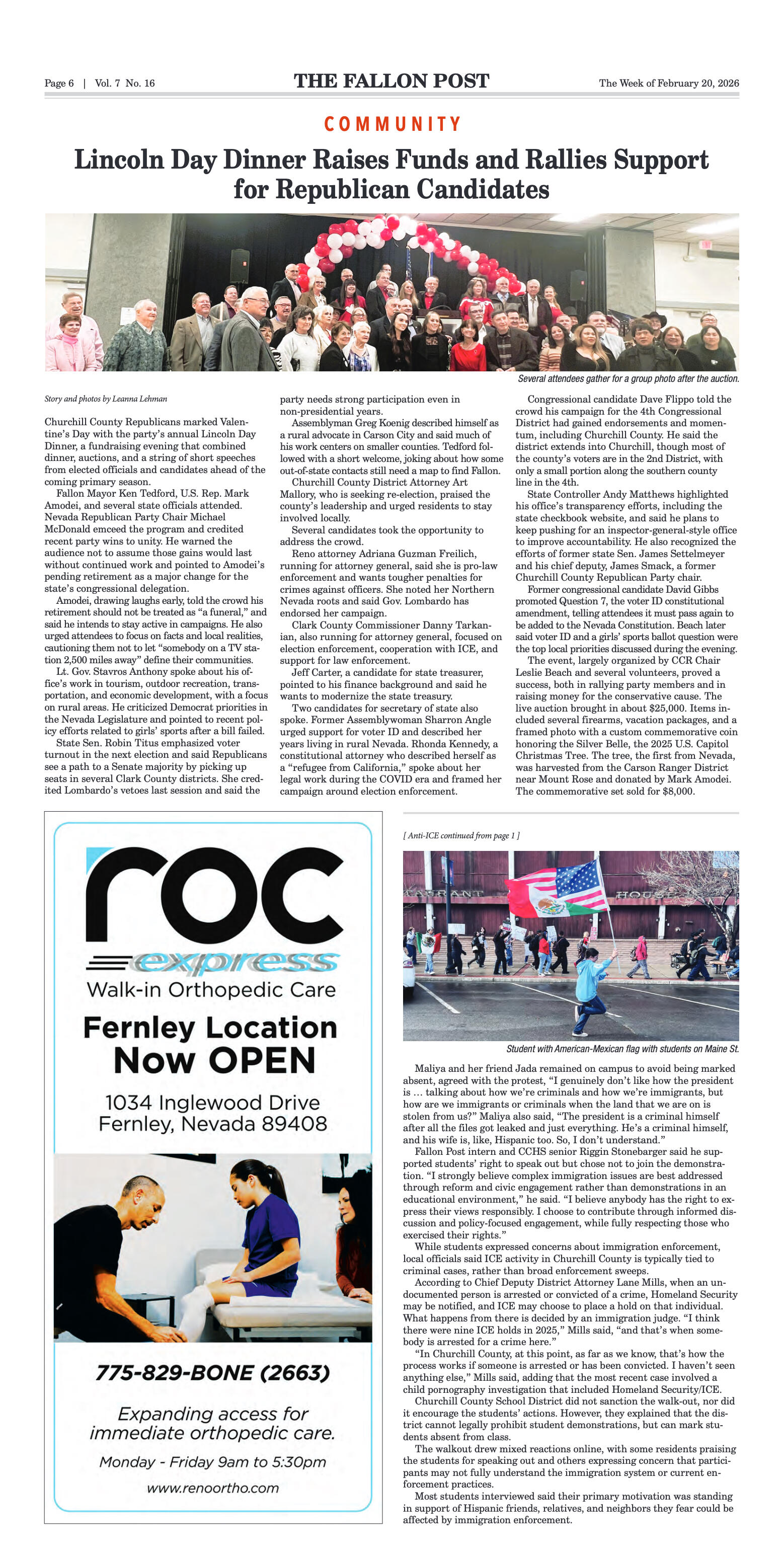
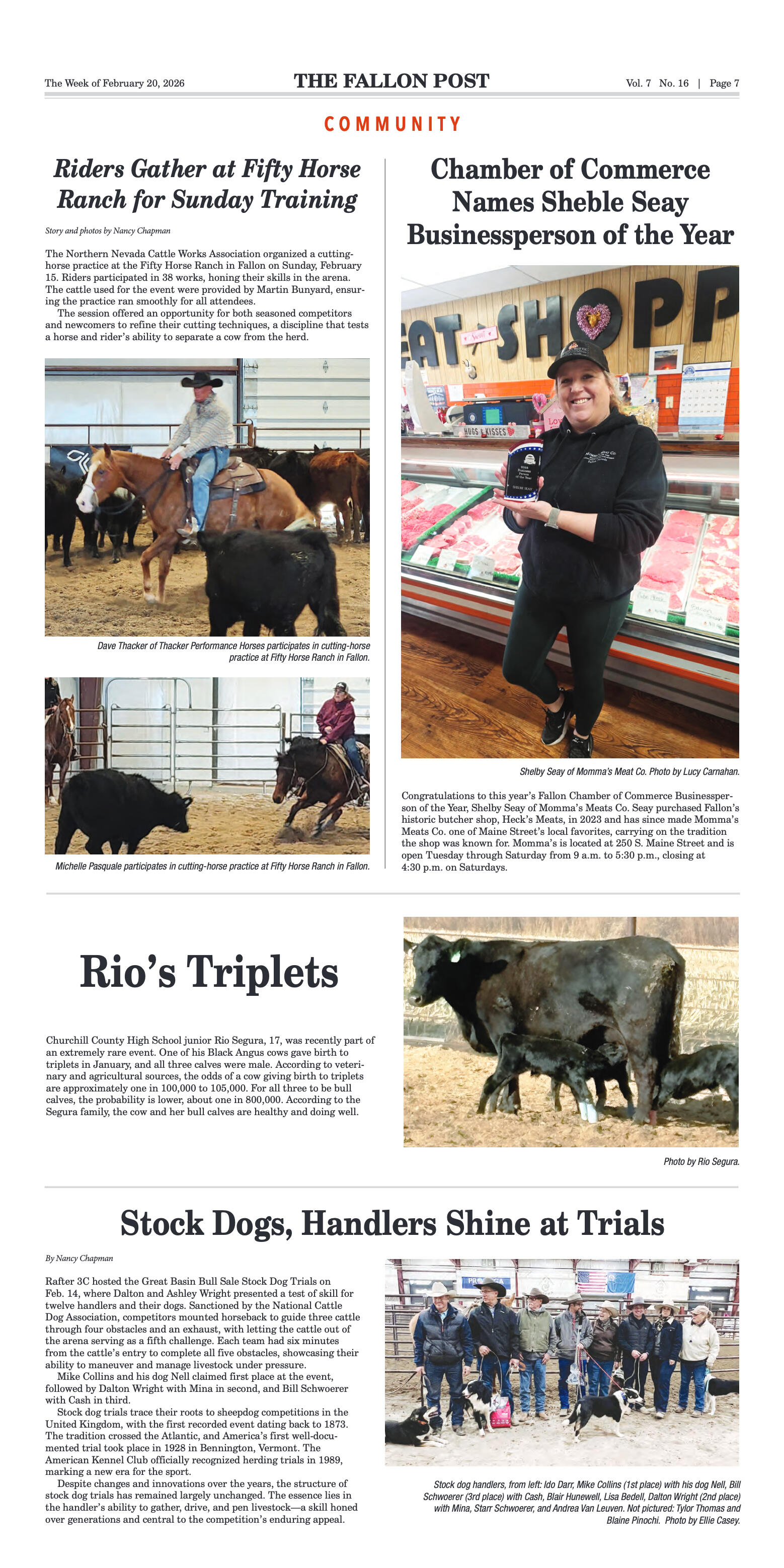
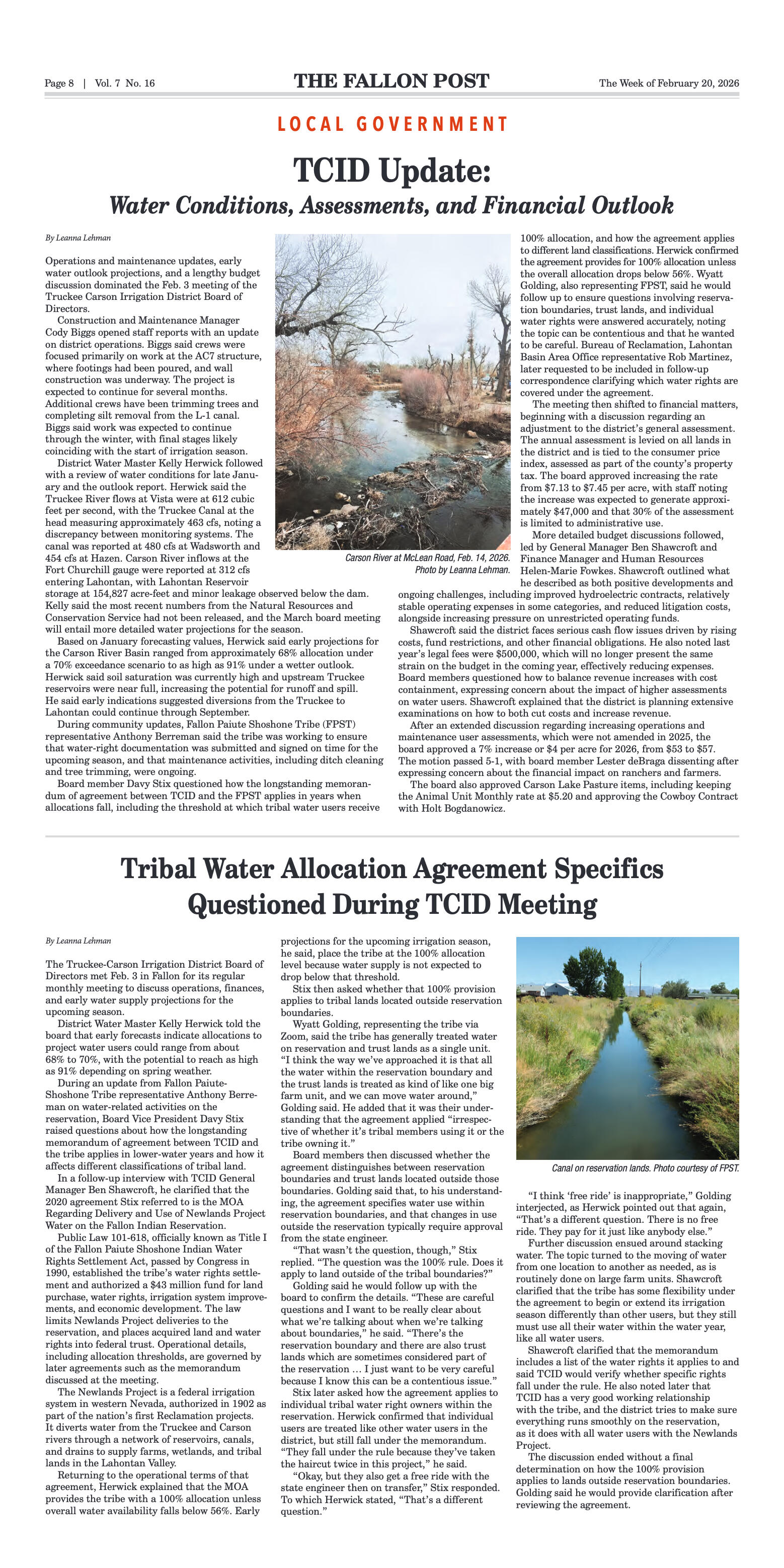
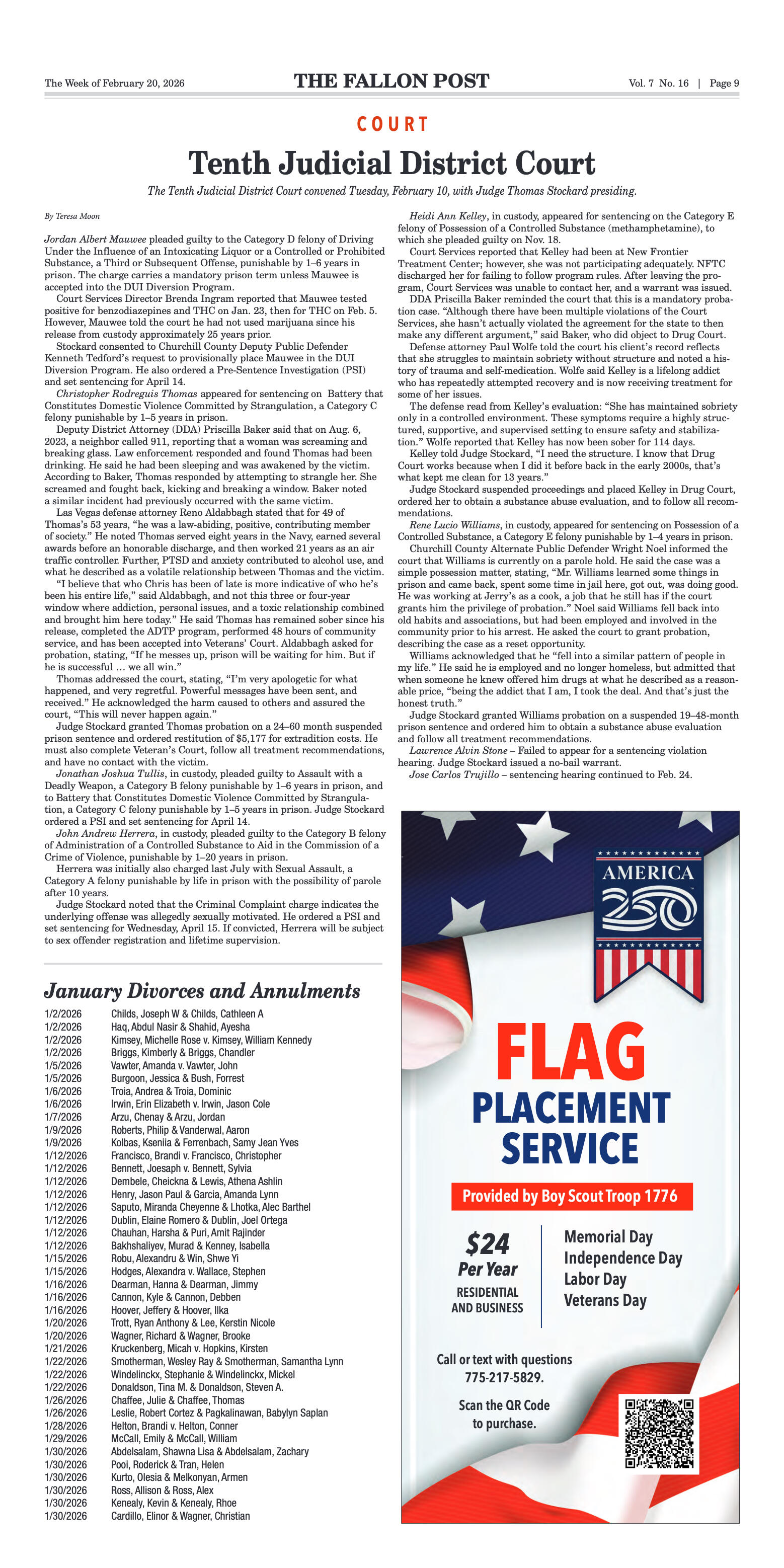
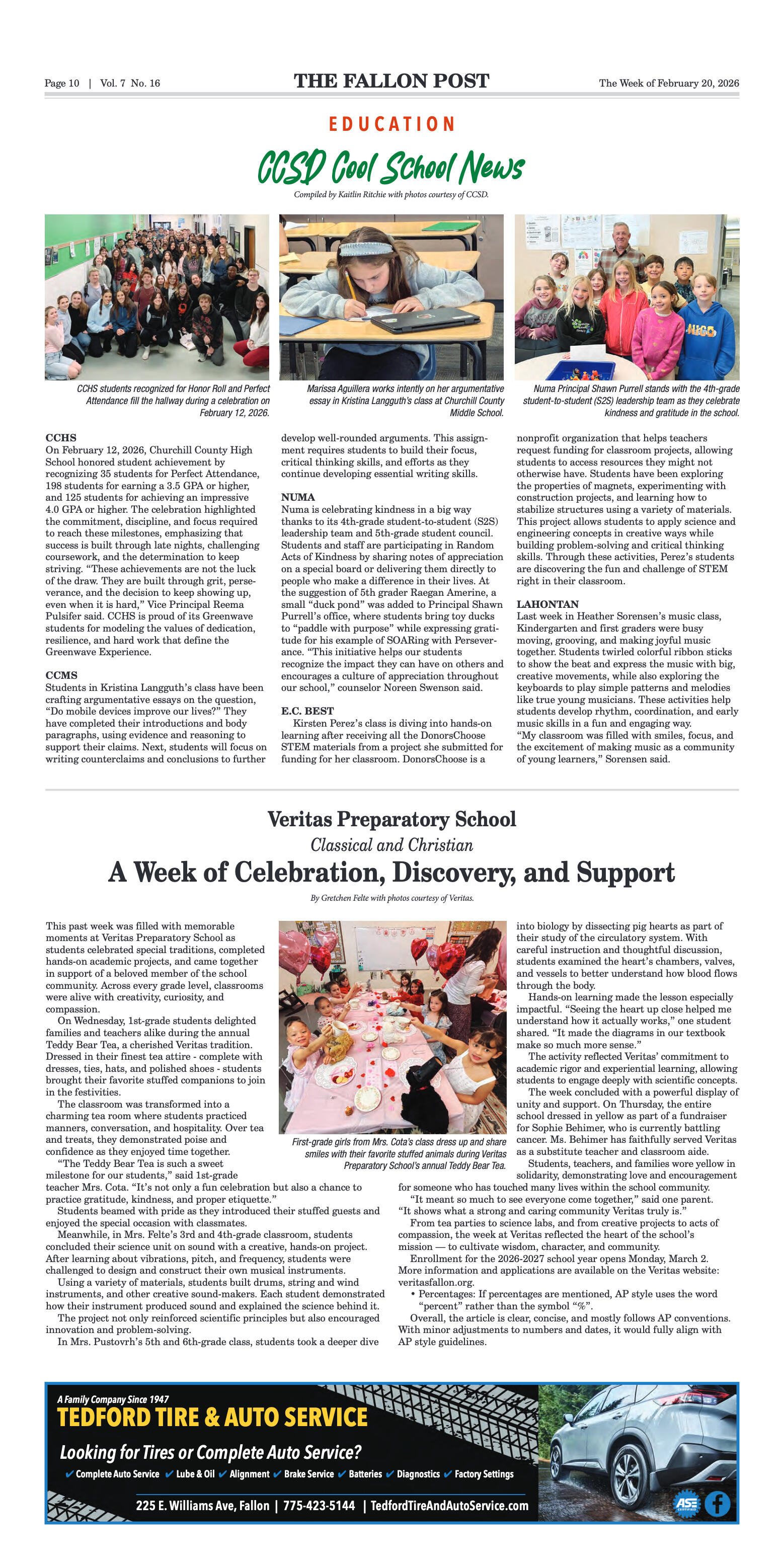





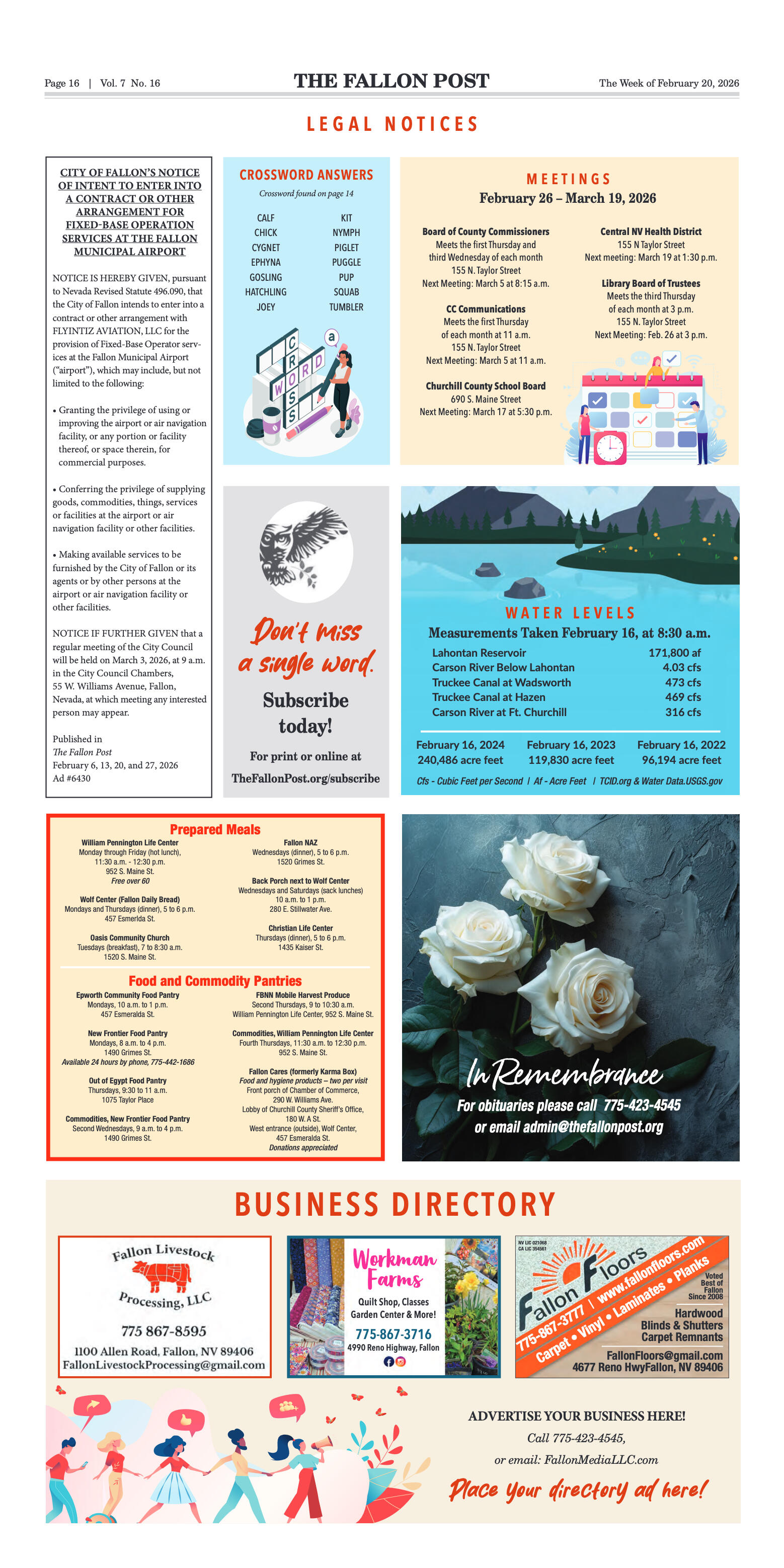


























Comment
Comments